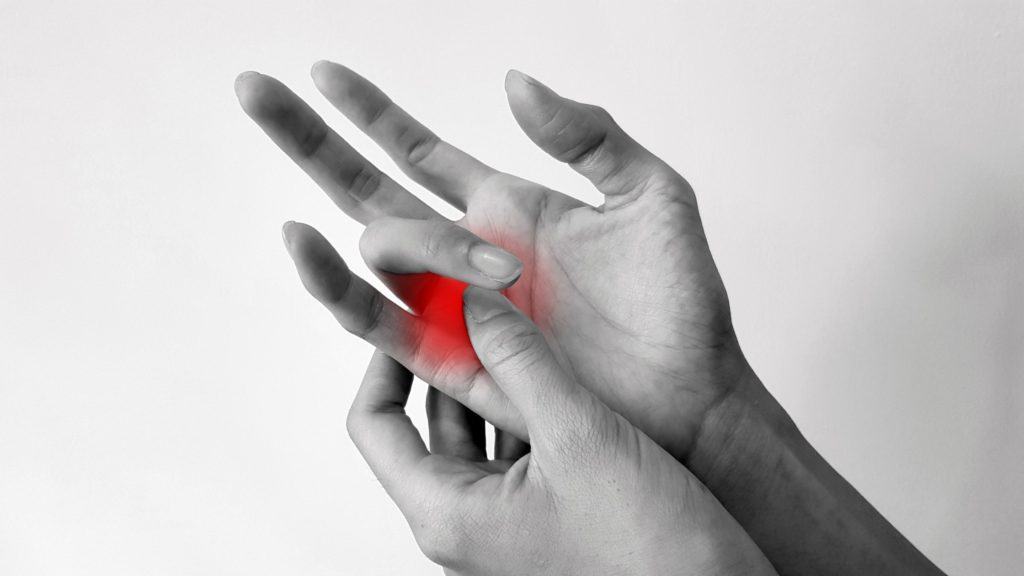
How you start your morning sets the tone for the day. With that in mind, you can see how your morning routines can help you or hurt you when it comes to your health goals – whether that’s feeling energized and focused, managing blood sugar levels, keeping fit, preventing heart disease, or controlling your weight.
In my roles as a registered dietitian nutritionist and a certified diabetes educator, I’ve watched thousands of people work to get their healthy habits in order. Behavior changes and new habits seem to flow better when the morning starts off right. A successful start to the day simply breeds more success.
Here are 5 ways you can get your morning in tiptop shape.
Start your morning before you even go to bed
Sometime in the early evening, check your schedule so nothing surprises you first thing tomorrow. Get organized by picking out your clothes, packing lunch, gathering any papers or books you may need, and grabbing a piece of fruit for a snack and some Pyure Organic Stevia packets to sweeten your mid-day work beverages.
Then get into bed on time. A good night’s sleep is critical to feeling energized and being well. In fact, research suggests that short sleeping increases the risk of weight gain, heart disease, and Type 2 diabetes.
Wake up gently
Skip the jarring, blaring alarm clock, and wake up to something you enjoy. I open my eyes to a simulated sunrise and soothing bird chirping sounds. It’s made a difference in how I feel each morning. And try to find an extra few minutes before jumping out of bed to think about the good that lies ahead in your day. Start your day with positive feelings whenever you can.
Do coffee right or tea
Sipping on a warm caffeinated beverage can be a nice way to ease into your day. And both coffee and tea are associated with less risk of Type 2 diabetes and likely have heart health benefits, too. But sip smartly. For the sake of your weight, blood sugar, and heart, avoid extra calories, added sugars, and saturated fats. Instead of syrups and heavy cream, add a splash of milk and a non-caloric sweetener.
Eat a health-boosting breakfast
It’s good to sit down to a nourishing meal, but even if you’re on the go, pick wholesome foods. Let this first meal of the day fuel you for a positive and productive morning. Eat favorite foods that fill you with both protein and fiber. For a leisurely breakfast at home, try savory oats topped with greens and an egg.
Or enjoy a Greek yogurt and fruit parfait. If you’re on the run, grab a couple of hard-boiled eggs, half of peanut butter sandwich on whole-grain bread, and some fresh fruit. If you eat breakfast at work, steer clear of the typical sugar bombs like donuts, pastries, and your officemate’s candy dish. Instead, bring overnight oats with whatever fruit is in season. Say no to the sugar, and jazz up your oats with stevia or a sugar-free honey alternative and cinnamon.
Also read: Making Good Health Choices in COVID-19 Time
Get some exercise
Morning is my favorite time to exercise because it gives me time to think about my day and what I want to accomplish. And I feel terrific starting my work or chores knowing that I already did something good for myself. Sadly, only one-third of adults get the recommended minimum amount of exercise each week, and a mere 5% of adults get 30 minutes of physical activity daily.
Now really, it doesn’t matter if you exercise in the morning or later on. But each morning, do commit to exercising at some point during the day – even if you can find just a few minutes. Every time you exercise, you do your body good. Physical activity is good for controlling blood sugar, blood pressure, and cholesterol levels. It reduces the risk of heart disease, type 2 diabetes, and some types of cancer. It’s good for the muscles, the joints, and the bones. It can lift your mood and help you sleep better, too.
Make changes to start your day in ways that support your goals. Give yourself the gifts of time, nourishment, and joy.
Originally posted on: pyureorganic
Resources:
- https://aasm.org/resources/factsheets/sleepdeprivation.pdf
- https://care.diabetesjournals.org/content/42/Supplement_1/S29
- https://www.hhs.gov/fitness/resource-center/facts-and-statistics/index.html
- https://www.hhs.gov/fitness/be-active/importance-of-physical-activity/index.html
The author is a physiotherapist who has been practising for the last 17 years. He holds a Bachelor's in Physiotherapy (BPT) from SVNIRTAR (Swami Vivekananda National Institute of Rehabilitation and Research), one of the prestigious physiotherapy schools in India.
Whatever he learns dealing with his patient, he shares it with the world through blogs and e-books. He also owns a YouTube channel, "Sunit Physiotherapist" with over 8 lakh active subscribers. Here, he shares everything he gets to learn serving the patient.





